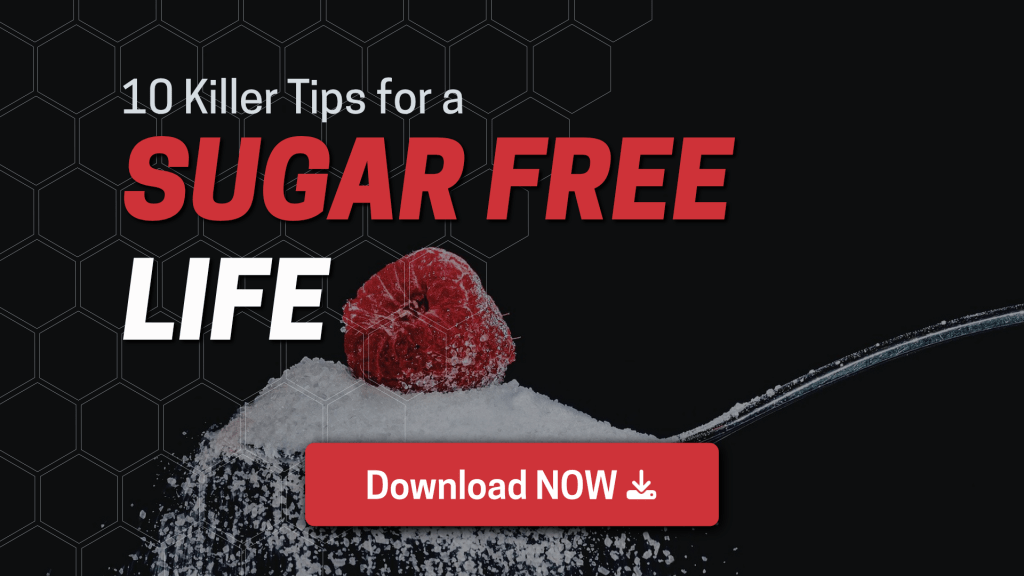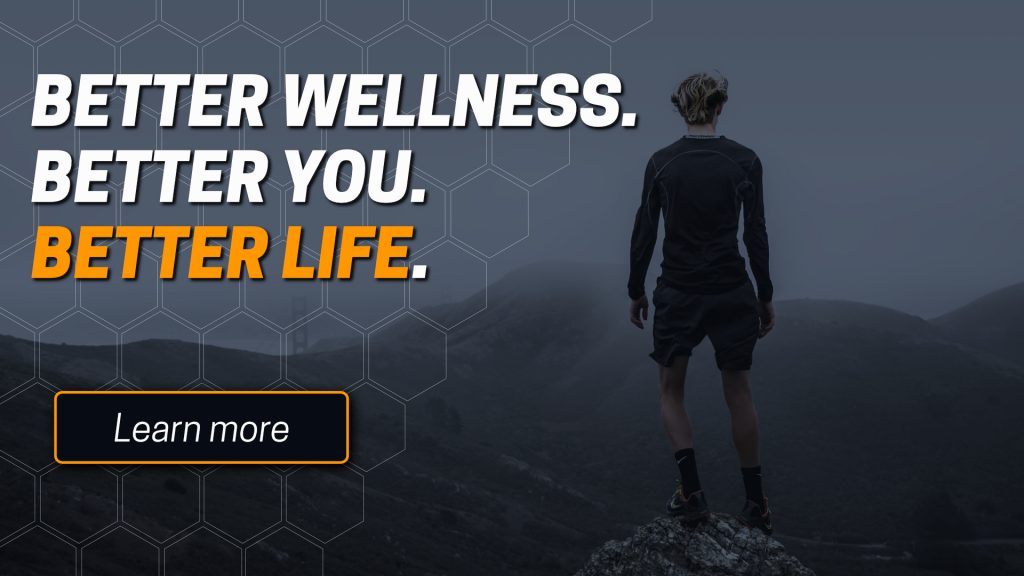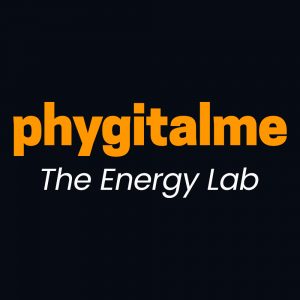Today at a Glance
High achievers are constantly pushing themselves to achieve more and do better. And more often than not they find themselves exhausted and drained.
Time to discover the power of rest and recovery. Don’t you think?
In today’s issue, we dive into the secrets of balancing stress and recovery, and how you can leverage the pulse of optimal performance.
Ready to unlock your full potential and achieve sustainable success?
Let’s dive in…
Flavius Philostratus (A.D. 170-245), who wrote training manuals for Greek athletes, founded the concept of maximizing performance by alternating periods of activity with periods of rest.
The “origin” of balancing stress and recovery.
The best modern example is Michael Phelps. The most decorated Olympian of all time, known for his exceptional swimming abilities also used this principle.
Phelps’ training routine was incredibly intense and structured. He focused on a combination of endurance, strength, and technique training. His workouts were often grueling, involving multiple swim sessions in a day, along with weightlifting and dry-land exercises to build strength and endurance.
But he also emphasized the importance of recovery in his training regimen. He incorporated various recovery techniques, including ice baths, massage therapy, and ample rest to allow his body to recuperate and repair between intense training sessions.
Today elite athletes call that principle “periodization”.
See, everyone who wants to do great work is a business athlete — especially entrepreneurs, solopreneurs, and executives.
But we all can use this principle to merge optimal performance with well-being. We call this a “high-energy habit”.
And it goes like this:
Following a period of activity, the body (and brain) must replenish fundamental biochemical sources of energy. This is called “compensation” and when it occurs, energy expended is recovered.
"Take rest; a field that has rested gives a bountiful crop."
— Ovid
Monthly Mastery—Holistic Fitness
Holistic Fitness is not a fad or a new trend. It’s been around for millennia. Yoga for instance is one of the most well-documented holistic fitness systems in history. The Chinese, the old Greeks, and the Romans had theirs too. And so had the Native Americans.
They all knew for optimal performance & well-being we need physical fitness, mental clarity, emotional balance, and spiritual connection to achieve sustainable success.
The Two Elements of Physical Rest
We need energy to perform, and recovery is more than the absence of work.
When it comes to rest, the real issue is that not getting enough rest not only hampers your success but also takes a toll on your long-term health.
And sleep does not equal rest. Better sleep is only one of the two elements of physical rest.
There’s
- passive rest
- active rest
You see, things are a little bit more complex. But at the same time, it is simple.
That’s where Dr. Saundra Dalton-Smith enters the stage.
Doctor Dalton-Smith is a “rest professional”. She has conducted research and published her findings on seven different layers of rest.
7 Levels of Rest for Balancing Stress and Recovery
Think about where you need to improve and start changing some of your low-energy habits and routines to get the kind of rest you need.
Let’s quickly outline the seven different types of rest that are essential for balancing stress and recovery (and a balanced and healthy life):
1/ Physical Rest
This involves giving your body the rest it requires, including sleep, relaxation, and periods of inactivity.
- For “passive rest” take a power nap during the day to replenish your energy.
- For “active rest” engage in restorative yoga or gentle stretching exercises to relax your muscles and release tension.
2/ Mental Rest
This type of rest involves giving your mind a break from constant thinking and mental stimulation. I’m talking to your monkey mind here.
- Practice mindfulness meditation to calm and clear the mind.
- Take short breaks during work to step away from screens and reduce mental strain.
Pro Tip: If we don’t schedule stuff it won’t get done. Probably that’s just us… We have a daily ritual we call “Daily Retreat” where we leave our desks and head out into nature.

3/ Emotional Rest
Make saying “NO” your superpower. Emotional stress undermines the strongest of us without realizing it. Emotional rest involves taking a break from emotionally draining situations and allowing yourself to feel and process your emotions.
- Express your feelings, be open and vulnerable, and eliminate people-pleasing behaviors.
- Surround yourself with positive supportive people! If you don’t have them yet build your own tribe.
4/ Social Rest
This rest is about creating boundaries and engaging in restorative social interactions. But it can also be spending time in solitude. We need alone time to process and reflect.
Small, intimate gatherings with close friends or family members often feel better than huge crowds of people.
Set limits on social commitments to avoid feeling overwhelmed and emotionally drained.
Even your closest friends and family can drain your energy by constantly dwelling on negative thoughts. They’re like energy vampires, sucking the life out of you with their negativity.
5/ Creative Rest
When we create we’re often fully focused — in flow. But we can also get stuck in the process. Taking a break from creative endeavors to rejuvenate and inspire fresh ideas means getting out of your head.
- Explore nature and allow your surroundings to inspire creative thinking.
- Engage in non-creative activities. Reading or listening to music stimulates a different part of the brain.
6/ Spiritual Rest
We need to nurture our spirit to find meaning and purpose in life. Our spiritual energy is linked to the ability to connect — with ourselves, others, and nature.
Spend time in nature to reflect and connect with a sense of spirituality.
Einstein once famously said, “There are only two ways to live your life. One is as though nothing is a miracle. The other is as though everything is a miracle.”
Learn to perceive the world with a sense of wonder and awe. The extraordinary hides in the seemingly ordinary aspects of life.
Engage in something greater than yourself — being part of a meaningful community could be a great idea.
7/ Sensory Rest
In today’s world, our senses get consistently overstimulated. Artificial light, computer screens, noise, and conversations in the office. Many of us unconsciously suffer a sensory overload syndrome.
Here’s how to withdraw from the world:
- Create a calm and pleasant environment with soothing sounds or aromas to relax the senses. Close your eyes and soak it all in.
- Unplug from electronics at the end of the day. Avoid any screen time 1 hour before you go to bed. You’ll see that makes such a difference.
Takeaway
Finishing a long working day and relaxing on the sofa while binge-watching Netflix or scrolling through the LinkedIn feed is NOT resting.
That’s the perfect formula for ending up completely drained and exhausted.
Before leaving you to decide where you need to create more rest, one little reminder:
Getting more done — at the cost of rest — is often an illusion.
When you haven’t gotten enough rest, your productivity takes a nosedive along with your mental performance. It’s like trying to swim against the current with lead shoes on.
How to Sleep Better — Real Talk about Sleep with Dr. Neil Stanley
If you are asking yourself “How To Sleep Better” you’ve come to the right place.
In this exciting episode, join Dr. Neil Stanley, a renowned sleep expert, and author of the book “How to Sleep Well”. The Science of Sleeping Smarter, Living Better and Being Productive.
Dr. Stanley unravels the mysteries of a good night’s sleep.
He debunks common myths and delves into the secrets of optimizing performance through quality sleep.
Ketty discusses with him the desires and concerns of individuals who want to enhance their overall health and well-being, as sleep forms the foundation for these goals.
He offers practical insights and empowering advice on how to sleep better.
Discover the key to unlocking your potential and achieving holistic wellness through the power of sleep. Tune in now and embark on a journey towards a better night’s sleep!
That’s it for today.
Hope you enjoyed it (and learned something new).
What’s going on in our world
This week has been a time to refocus on our goals and review the direction we are heading with our time and energy.
Sometimes, working purposefully requires taking a moment to stop and re-center. And now was that time.
We are about to start a company challenge with the goal of supporting as many people as possible in better managing their stress and building sustainable success.
Can’t wait to tell you more about it soon.
Stay tuned and take good care.
As always, stay fit, stay active, and enjoy your life.
Ketty & Markus








